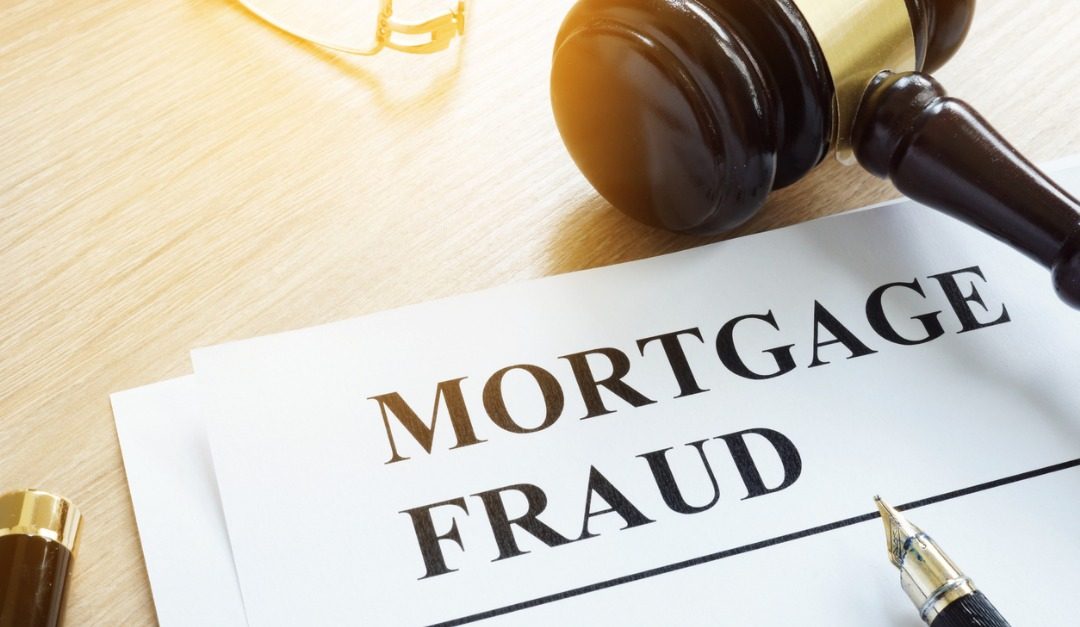There is an old adage that says, “if it sounds too good to be true, it probably is.” The same advice might bode well for Canadians who are looking for deals when hunting for a mortgage and might be inclined to be less than forthcoming on their mortgage applications or when working with someone to secure financing.
Those who misrepresent their financial information when applying for mortgages are actually committing mortgage fraud. Some of these falsehoods could include inflating income or the length of time at a particular job, not being truthful about the amount of down payment or where that money is coming from, or using a “straw buyer” on a mortgage application—someone with good credit who agrees to be named on a mortgage application in return for monetary compensation.
In any event, here are some ways you can protect yourself from mortgage fraud:
Be honest. Never misrepresent yourself when filling out a mortgage application. It will come back to bite you in the long run.
Know the person you’re dealing with. Always be sure to work with a licensed real estate professional and an accredited mortgage broker or lending institution.
Don’t lay out cash, unless you’re buying. Never guarantee a loan or agree to be on the mortgage unless you’re one of the buyers. Doing so will put your personal information out there and you might even be held responsible for the debt if something should go sideways.
Read, read, read. Never ever sign anything without reading it first. If you don’t understand something, ask. Skipping the fine print in any document may cause you trouble down the road.
Talk to your lawyer. He or she will be able to give you prudent advice when it comes to the legalities of contracts, title insurance or other means by which you can protect yourself.
Look at the sales history. The Land Titles Office will have this information available. Getting an appraisal on a property is also good advice since an appraiser will have the history on the home.
The deposit. If you’re offering a deposit with an offer, make sure it will be held in a trust by the seller’s real estate company, a notary or a lawyer.
Be wary. If anyone says you have the chance to make some easy money, walk away. Remember that old adage.
It doesn’t pay to misrepresent yourself when applying for a mortgage. Also, never allow yourself to be added to a mortgage if you’re not one of the buyers. You may find yourself having to pay should the purchaser default. There is also the possibility of being held criminally responsible for any misrepresentations. It’s just not worth it.




